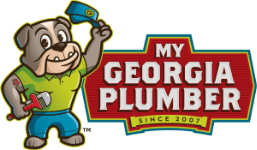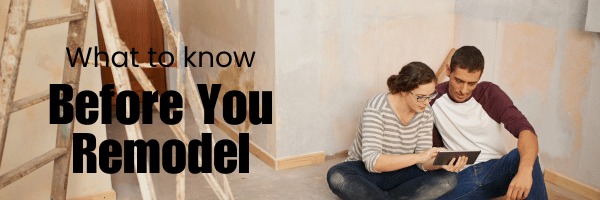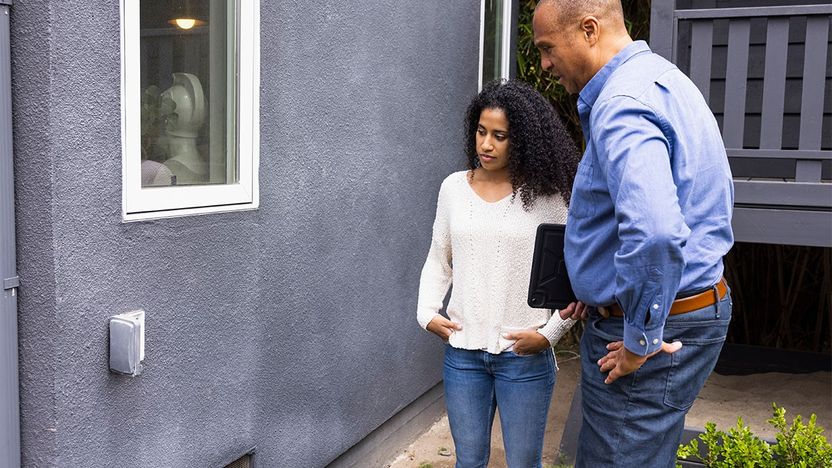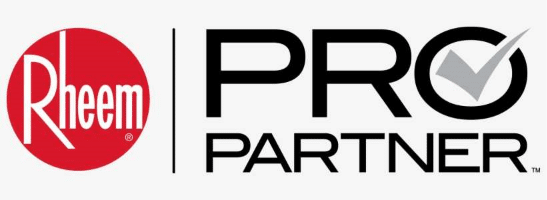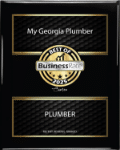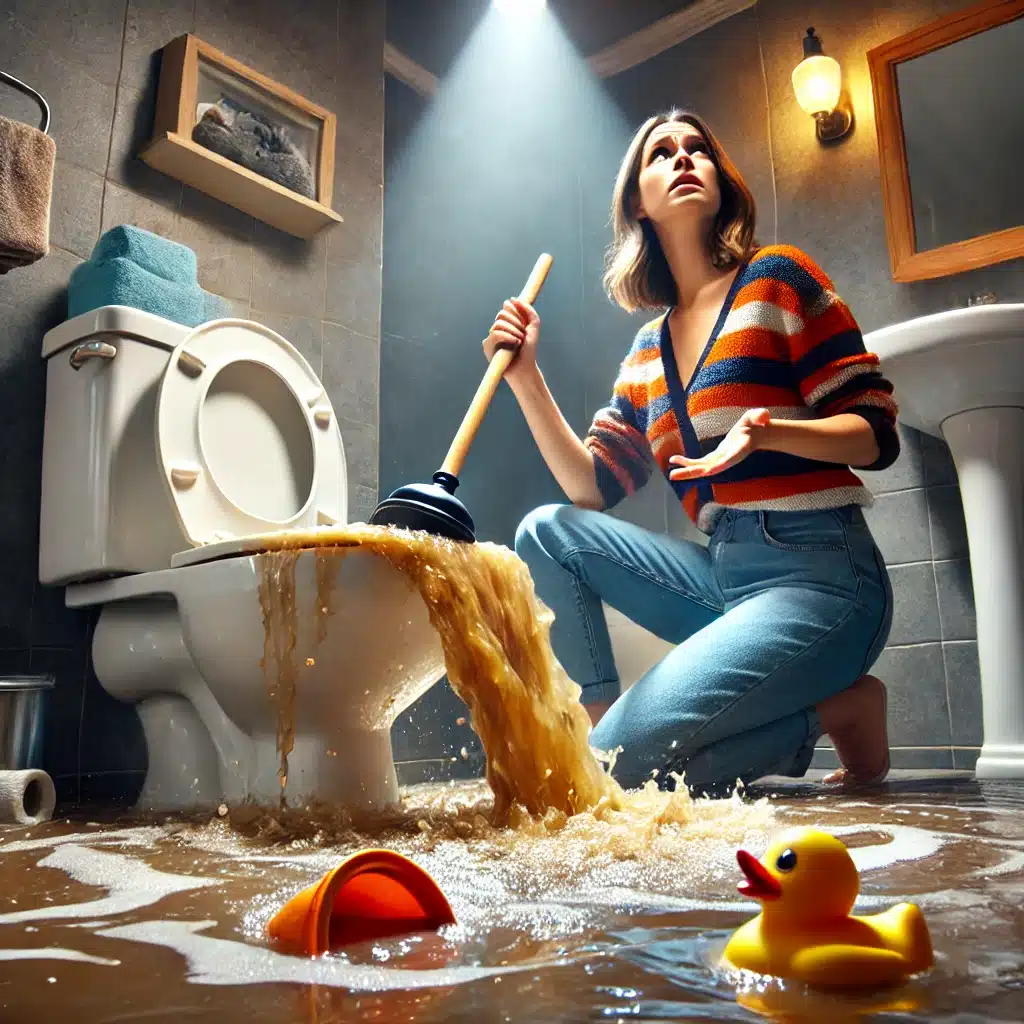
Owning a home is a significant responsibility, and one of the most critical aspects of homeownership is understanding homeowners' insurance and coverage for plumbing emergencies. Also known as hazard insurance, homeowners' insurance protects your property and belongings from unexpected events. However, many misconceptions exist about what this insurance covers and how it differs from home warranties, what plumbing repairs or damage from plumbing failures are covered, and how this affects homeowners in the event of a plumbing emergency. In this article, we will clarify these differences and provide valuable insights into homeowners insurance coverage.
Homeowners' Insurance vs. Home Warranties: Know the Difference
It's essential to distinguish between homeowners' insurance and home warranties, as many homeowners confuse the two. Homeowners insurance provides financial protection against damage to your home due to events like fire, theft, or natural disasters. In contrast, home warranties are service contracts that cover repairs or replacements for home systems and appliances that fail due to normal wear and tear. For the purpose of this article, we will focus exclusively on homeowners' insurance.
What Does Homeowners Insurance Cover?
Most homeowners' insurance policies offer several key coverages:
- Dwelling Coverage: Protects the physical structure of your home against covered perils, such as fire, wind, or hail.
- Personal Property Coverage: Covers your belongings inside the home, including furniture, electronics, and clothing, against theft or damage.
- Liability Coverage: Protects you financially if someone is injured on your property and files a lawsuit against you.
- Additional Living Expenses (ALE): Helps pay for temporary housing and living expenses if your home becomes uninhabitable due to damage.
Homeowners Plumbing Insurance FAQs
Homeowners insurance generally covers damage caused by plumbing failures. For example, if a pipe bursts, the insurance may pay for the resulting water damage to walls, flooring, and personal belongings.
However, it typically does not cover the cost of the plumbing repair itself. This means that while insurance can help with damage from a plumbing issue, you will likely need to cover the cost of fixing the plumbing. Always check with your insurance provider for specific coverage details to understand what is included in your policy.
Yes, homeowners should consider adding specific endorsements to their insurance policies. These include:
- Sewer Backup Coverage: This covers damages from sewer line backups into your home.
- Water Service Line Coverage: This policy pays for the repair or replacement of damaged service lines that supply water to your home.
These endorsements are typically not included in standard policies, so it’s essential to discuss them with your insurance provider to ensure you have adequate coverage.
Yes, installing a leak detection device can potentially lower your homeowners insurance premium. Many insurance companies value these devices because they help prevent significant water damage by alerting you to leaks early. This proactive measure can lead to discounts on your premium.
By minimizing the risk of costly water damage claims, a leak detection device protects your home and can save you money on insurance. Be sure to inform your insurance provider about the installation to explore possible savings!
Making specific plumbing upgrades can help reduce your homeowners insurance premium. Here are a few effective improvements:
- Upgrade Old Plumbing: Replacing outdated pipes with modern materials lowers the risk of leaks and water damage.
- Install Water Shut-Off Valves: These valves detect leaks and automatically stop water flow, preventing extensive damage.
- Perform Routine Maintenance: Regularly inspect and maintain your plumbing systems to catch problems early.
- Implement Flood Prevention Measures: Installing sump pumps or backflow valves demonstrates your commitment to protecting your home.
Talk to your insurance provider about these improvements. They might offer discounts for taking proactive steps to mitigate risks.
Homeowners Insurance and Plumbing Coverage
One common misconception is that homeowners' insurance covers plumbing repairs or plumbing emergencies. While many policies do cover damage caused by plumbing failures, they typically do not cover the cost of the repair itself. For example, if a pipe bursts and damages your walls or flooring, homeowners' insurance will usually pay for the resulting damage—like removing drywall or flooring—but not for fixing the burst pipe.
To enhance your coverage, some insurance companies now offer a sewer and water line coverage rider. This add-on provides essential coverage for plumbing protection in the event of a catastrophic plumbing failure, helping you manage repair costs more effectively
Save Money with Leak Detection Discounts
Many insurance providers encourage proactive measures to prevent water damage. As a result, some offer discounts to policyholders who install leak-detection devices. These smart devices alert you to leaks before they cause significant damage, reducing the likelihood of costly claims and contributing to a safer home environment.
Conclusion: Be Informed and Protected
Understanding homeowners' insurance is essential for protecting your investment and ensuring peace of mind. While it offers substantial coverage for various risks, knowing what it does and does not cover—especially regarding plumbing issues—is crucial. By differentiating between homeowners' insurance and home warranties, you can make informed decisions that safeguard your home and finances.
Always read your policy carefully and consult your insurance provider to ensure you have the right coverage for your needs. With the right knowledge, you can protect your home and enjoy the benefits of homeownership.
Take Action for Better Coverage
If your homeowner's insurance provider offers a discount for installing leak-detection devices, don’t miss out on potential savings! Contact us today to learn more about how we can help you choose the right devices for your home and maximize your insurance benefits. Protecting your home has never been more important let us assist you in safeguarding your investment while saving you money! Call My Georgia Plumber at 770-268-2331 or Schedule Online today!
Cutting Monthly Costs for Homeowners: Save on Home Expenses and Cut $3,000 Annually!
Owning a home can be expensive, but there are practical ways to save on home expenses and cut your monthly costs. By implementing a few simple strategies, you can potentially save up to $2,000 annually. Here’s a guide to effective tips that can help you manage your expenses. Installing a leak detection device is a...Continue reading→
What to Know Before You Remodel-Essential Tips for Remodeling
Embarking on a home remodeling project can be an exhilarating journey, but it often comes with challenges, especially regarding plumbing. Proper planning and consideration are crucial to ensure a successful renovation. Here are essential plumbing tips for your home renovation to keep in mind before you begin your remodeling adventure. Understand Local Plumbing Regulations: Before...Continue reading→
Signs On When To Get Your Homes Plumbing Inspected
Silent Signs of Plumbing Issues: Don’t Ignore These Red Flags Your home’s plumbing system plays a crucial role in maintaining a comfortable and functional living environment. From clean water supply to efficient drainage, plumbing is essential. However, certain silent signs can indicate underlying plumbing problems that need immediate attention. In this blog, we will explore...Continue reading→
